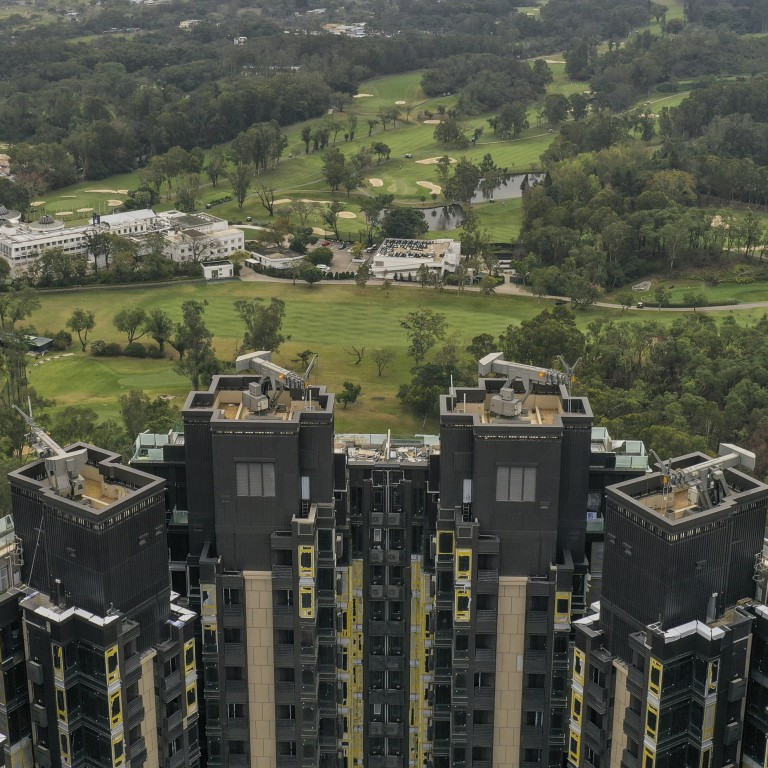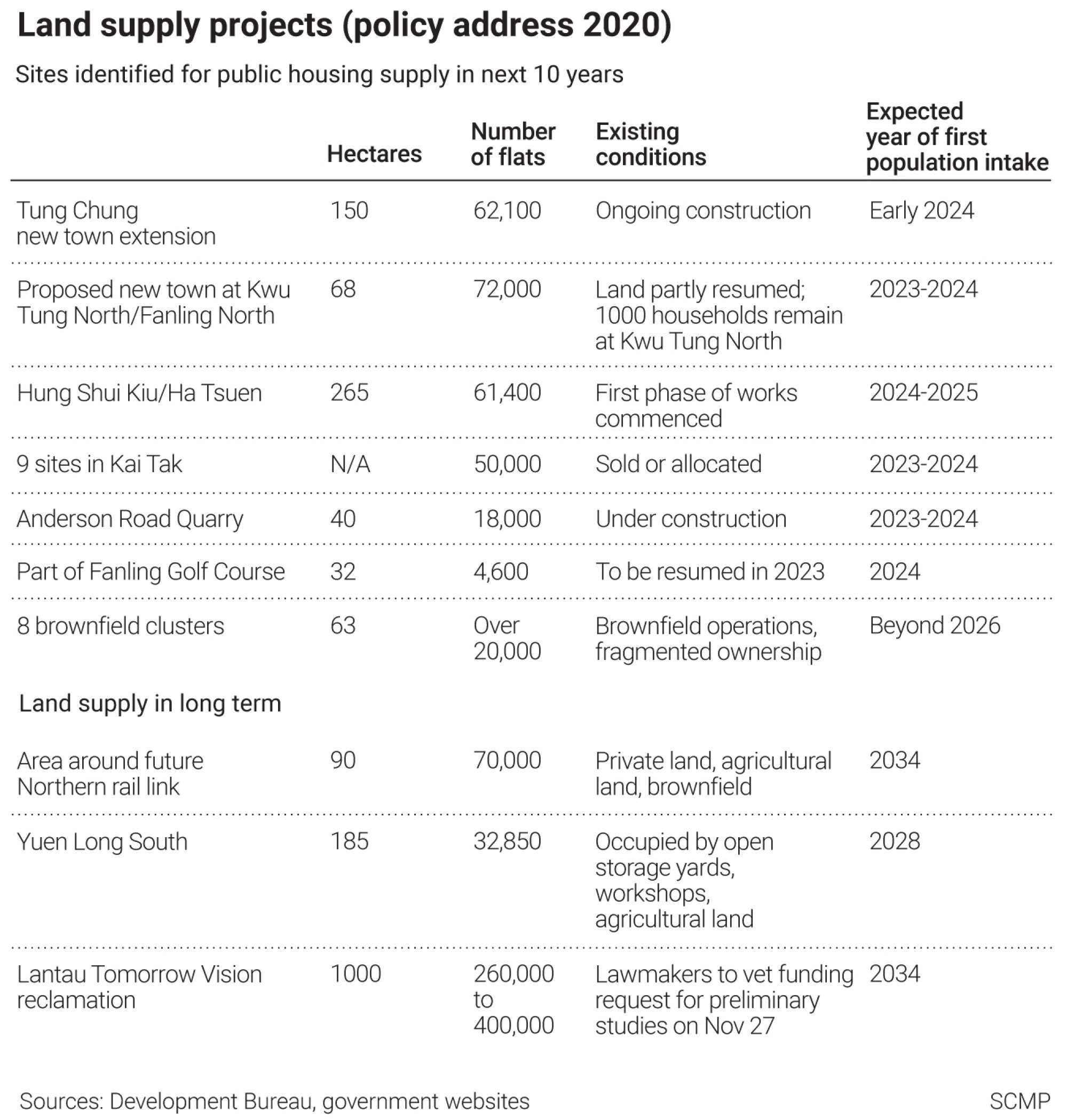
Don’t let Hong Kong’s need for speed on housing crisis wreck Fanling golf course
- Taking land from the golf course might seem like an easy ‘win’ for the new administration, but doing so would be hasty and unwise
- Developing Fanling would needlessly wreck part of Hong Kong’s environmental heritage, and the Northern Metropolis project holds more promise
As a long-time critic of the chronic procrastination of the Carrie Lam Cheng Yuet-ngor administration, I am all in favour of action and early moves to tackle housing. But we have to beware that an era of no decisions is not replaced by an era of hasty, uncoordinated decisions.
“Lantau Vision or Northern Metropolis – too long term. Recovery of Heung Yee Kuk ‘brownfield’ or farmland sites – too messy and controversial to take on the New Territories clans. Plunder property developers’ land banks across the New Territories – too litigious and costly. The Fanling golf course looks promising: a single lease that expires imminently, enough land area to house a handy 30,000 people and just a couple of thousand rich and privileged golfers to contend with.”

Before I look at why, let me make clear at the outset that I am not a golfer and in fact have a lifetime “problem” with golf. First, as a working-class kid growing up in the UK, it was only the rich kids who played golf, so part of my prejudice is rooted in jealousy.
Perhaps most importantly, I am perplexed that companies can justify paying such gigantic salaries to top executives who then spend a day a week belting a golf ball around an exclusive club.
Exec golfing: ‘crack cocaine for rich guys’ or corporate money well spent?
I recall that then-chief executive of Bear Stearns James Cayne, whose firm crashed in July 2007 at the start of the global financial crisis, was often away playing golf in the four months ahead of his company’s collapse.
I wonder whether the company might have survived if he had concentrated on the challenges it faced instead of spending two days a week with buddies on a golf course.
In a city that has consistently failed to preserve its valuable heritage, the Fanling course has become a rare repository of carefully protected flora and fauna.
It has hundreds of old and valuable trees and a huge variety of wildlife. As part of the club’s efforts to nurture this rare remnant of lowland woods in Hong Kong, Fanling was certified as an Audubon Cooperative Sanctuary in 2020.
It covers 30,000 hectares – compared with the 32 hectares being discussed at Fanling – and is expected to accommodate about 2.5 million people in 900,000 residential units. It skirts past the Fanling golf course but does not include it.
Why was part of this golf course sacrificed for blocks of flats?
Why is the Development Bureau considering destruction of a rare area of heritage woodland at the golf course when its Northern Metropolis plan goes to great lengths to emphasise the need to promote ecological conservation? Clearly, the right hand is not bothering to examine what the left is doing.
The Fanling golf course should be embraced by the Northern Metropolis plan, not as a contribution to housing but as a heritage resource that has been 111 years in the making. It should be at the heart of intelligent development of a new city that does credit to Hong Kong and its future linkages with Shenzhen and the Greater Bay Area.
Our new “result-oriented” chief executive must not allow the pressure for speed to be the ally of the flawed.
David Dodwell researches and writes about global, regional and Hong Kong challenges from a Hong Kong point of view

